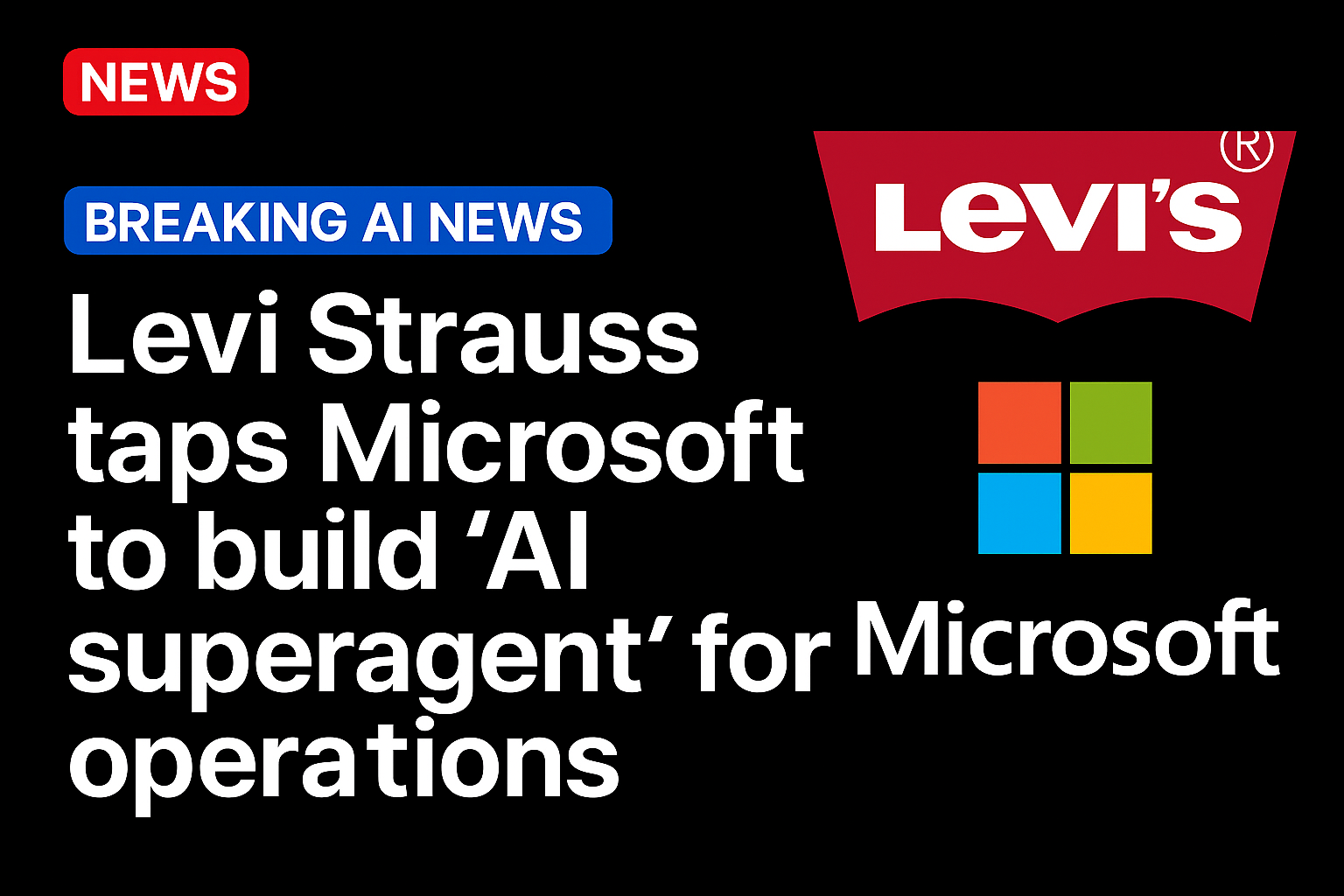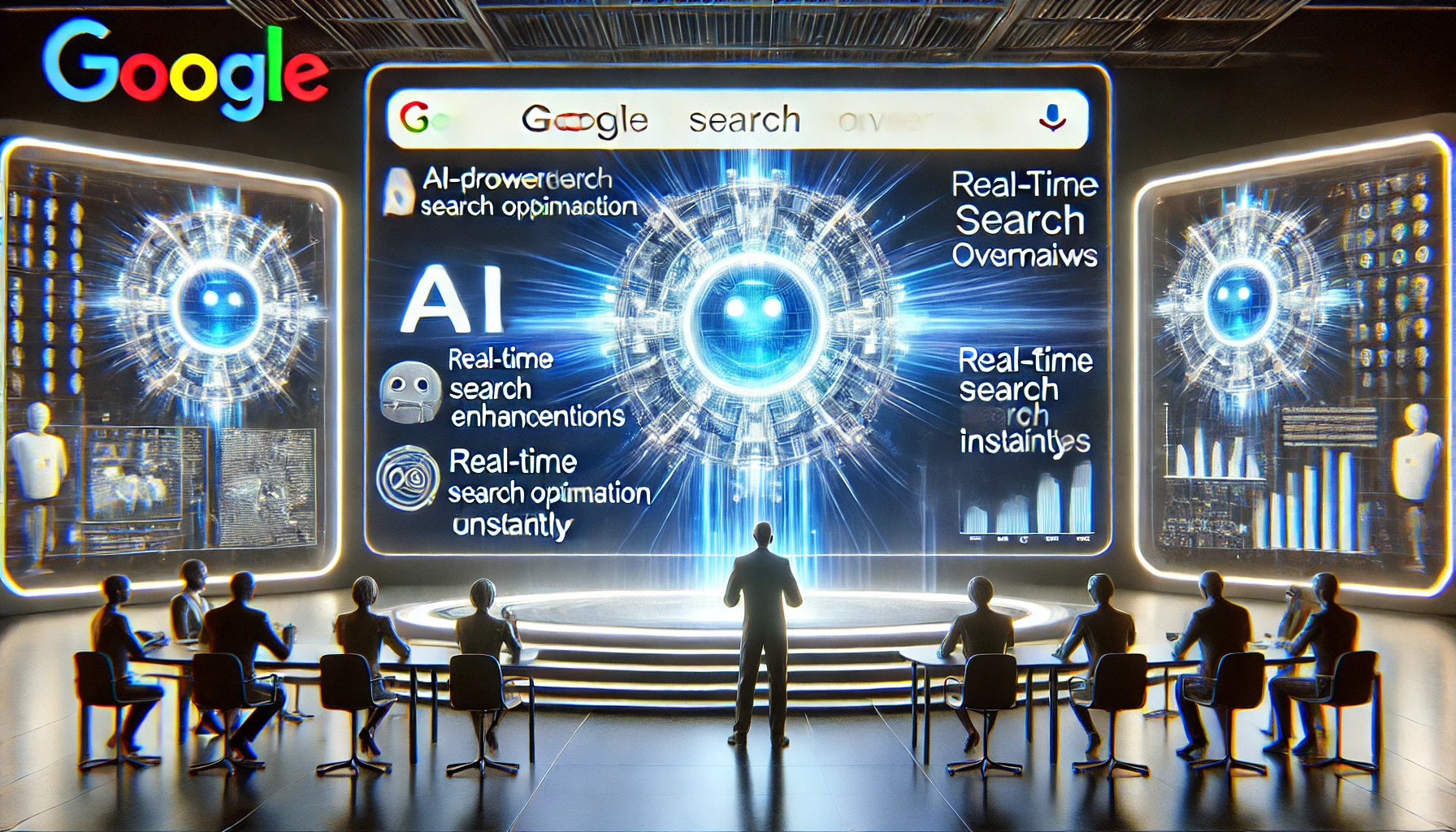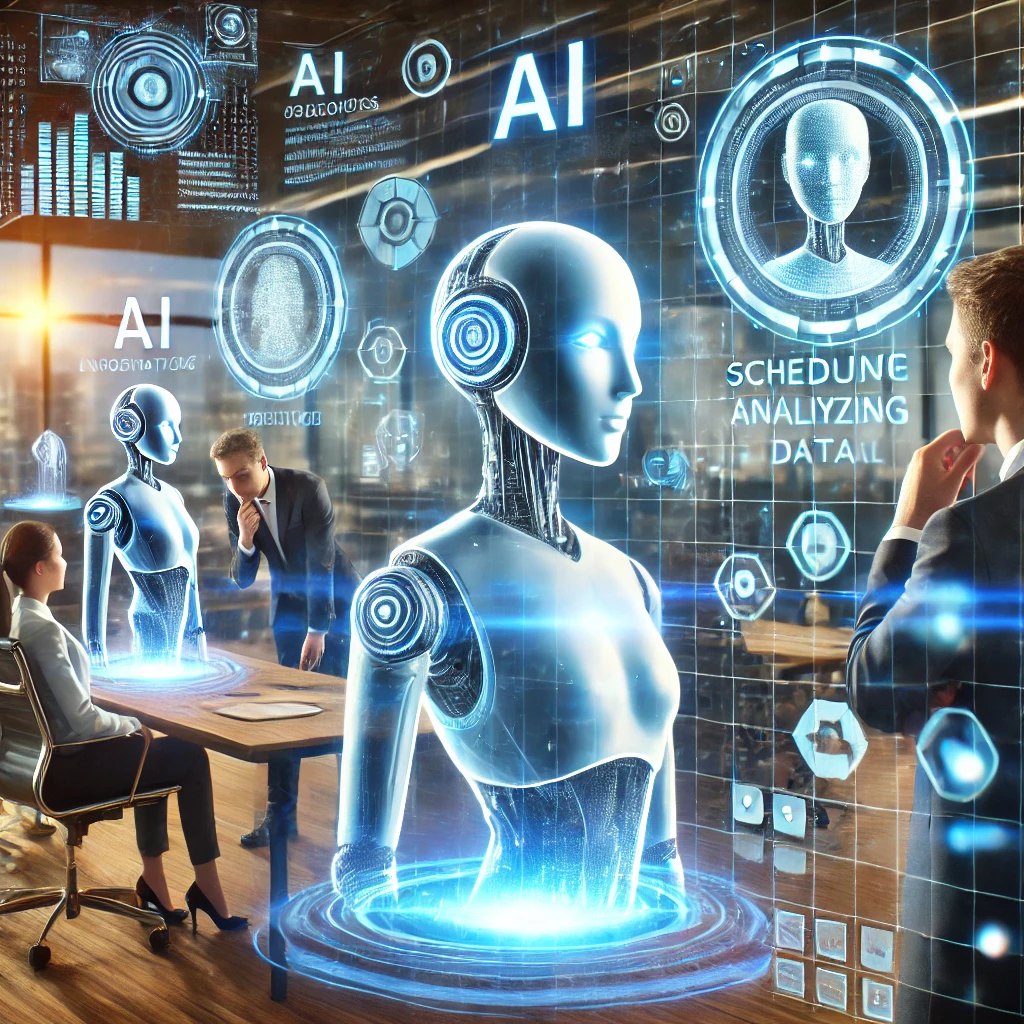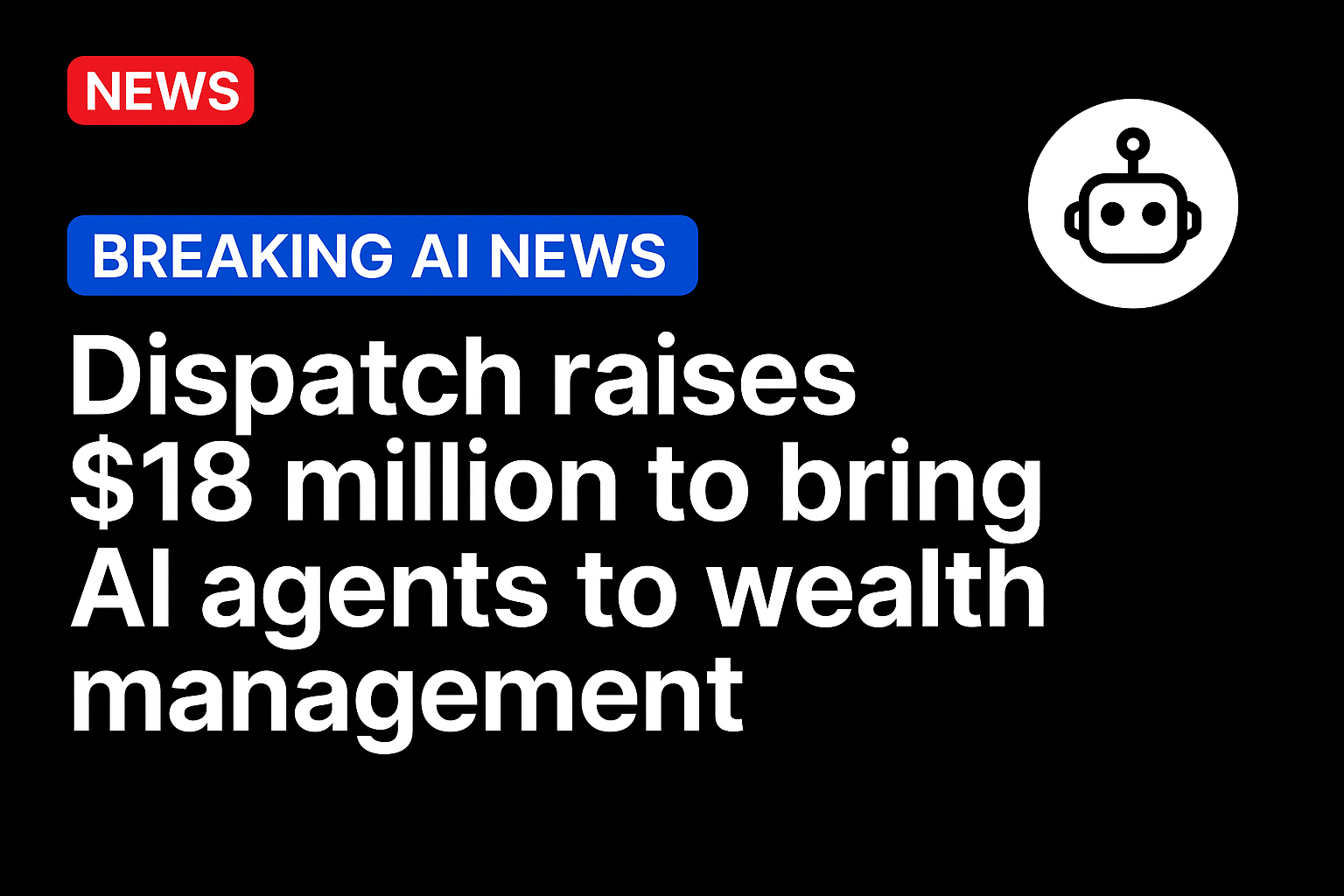
Levi Strauss & Co. is partnering with Microsoft to build an enterprise superagent designed to unify employee support, streamline retail operations and modernize the company’s data backbone.
The companies said the Azure-native orchestrator will run inside Microsoft Teams and route requests across IT, HR, retail-support and operational sub-agents, forming the core of Levi’s shift toward what it described as a “fan-obsessed, direct-to-consumer first business.”
Levi said the system will centralize employee questions, system lookups and operational tasks into one conversational interface, reducing reliance on legacy navigation and enabling faster support for store associates and corporate teams. Several sub-agents are already deployed, with more planned for the next development cycle.
The project sits inside a broader modernization strategy that includes Surface Copilot+ PCs, GitHub Copilot and Microsoft Intune. Levi is also migrating workloads from on-premises environments to Microsoft Azure and using Azure Migrate, Azure AI Foundry and Semantic Kernel to support automation and maintain a zero-trust security posture.
The partnership arrives as retailers accelerate their adoption of agentic AI across internal and customer-facing workflows. Levi also emphasized that its consumer-facing tools will run on the same data foundations. The company said its new Outfitting feature uses “existing integrations with our inventory data, aggregated purchase history, browsing behavior and product imagery” to deliver personalized styling recommendations in its app.
It also noted that Stitch, its AI-powered associate assistant, provides store employees with “instant access to product information, brand knowledge, how-to guides and training content.”
The company’s move also aligns with the broader competition. PYMNTS recently reported that Amazon and Walmart are developing AI superagents as core operating systems rather than standalone tools. Levi’s shift into its own orchestrator signals that even legacy apparel brands are adopting the same architecture to tighten execution, accelerate decision cycles and support direct-to-consumer growth.
Levi said the superagent will begin rolling out globally in early 2026. With Microsoft supplying the cloud, AI and security foundation, the company expects improvements in productivity, faster internal support and stronger alignment between stores, supply chain and digital channels.
The partnership, as covered by PYMNTS, also aligns with Microsoft’s broader push to embed agentic AI across enterprise workflows, a shift the company has been driving as it repositions itself around autonomous systems and orchestration-first architecture.
Source: https://www.pymnts.com/




